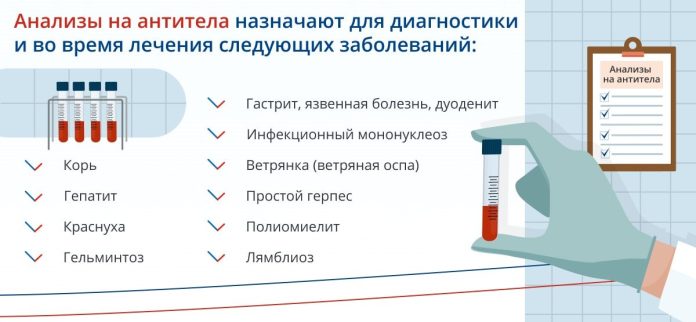The Complete Total test, better known as the Ch50 test, is useful for analyzing the overall activity of the complement system. It is primarily useful for assessing the classic complement activation pathway. Scroll through this article to gain more information about the diagnostic test. But before that, know about the complement system.
Overview of the Complement System
Jules Bordet discovered the complement as a heat-labile component of normal plasma. It helps kill bacteria present in the blood. The complement system includes more than 20 proteins circulating inside tissue fluids and blood.
The proteins usually remain inactive, but they get activated after recognizing the molecular components of microorganisms. They become sequentially activated within an enzyme. It means that one protein helps with the activation of the next one in the enzyme cascade.
The complement system works as a line of defense against bacterial infections and inflammation. It might also get activated during incompatible blood transfusions. Immune responses to autoimmune diseases also activate the complement system.
The complement system can help augment the ability of antibodies or phagocytes to fight infections and agents classified by the body as foreign antigens. It is a part of the immune system and includes proteins produced inside the liver. When the body attacks the antigens, it ends up harming its tissues.
Therefore, the concentration of the component needs to be controlled. The proteins controlling the level of complement are present in a higher amount than the proteins themselves.
Purpose of Ch50 Test
The Complement Total test is usually used for measuring complement component deficiency and the activity of the system in case of the following diseases:
- Immune complex disease
- Rheumatoid arthritis
- Cryoglobulinemia (thickening of abnormal blood proteins in cold temperatures)
- Glomerulonephritis (kidney filter inflammation)
- Lupus (a multisystem autoimmune disease)
- Infectious diseases, like meningitis
The test is also helpful for evaluating an individual’s response to systemic lupus erythematosus therapy.
How to Prepare for the Ch50 Test
The Ch50 test is a normal blood draw test. You don’t need to fast or fulfill any other requirement before going for the blood test. But you must inform your healthcare provider about the medications you are taking before they prescribe you the test.
What Does the CH50 Result Indicate?
The normal results for the Ch50 test are as follows:
Total blood complement level: 41 to 90 hemolytic units
- C1 level: 14.9 to 22.1 mg/dL
- C3 levels: 88 to 201 mg/dL
- C4 levels: 15 to 45 mg/dL
Note: The normal value ranges might be slightly different across laboratories. You should consult your healthcare provider to determine the meaning of your Ch50 results.
An increased level of complement in the body indicates the following:
- Ulcerative colitis
- Acute-phase immune response
- Cancer
- Sarcoidosis
- Acute myocardial infarction
Sometimes acute inflammatory conditions, leukemia, Behcet’s disease, Hodgkin’s disease, and sarcoma can also elevate complement levels. On the other hand, genetic deficiencies are associated with depressed levels of complement. Some other conditions that show your Ch50 result is too low include the following:
- Rheumatoid arthritis
- Chronic and acute glomerulonephritis
- Graft rejection
- Hemolytic anemias
- Subacute bacterial endocarditis
- Systemic lupus erythematosus
- Cryoglobulinemia
What Happens During the Complement Blood Test?
During the complement blood test, a lab technician collects blood from the patient’s arm. They will insert a needle-like any other blood test, to collect the sample. A stinging sensation is common when the needle goes in and out of your hand.
The process of collecting blood samples for the Ch50 blood test requires around five minutes. You can expect the report by the next day. However, you should ask the lab when you can collect the results.
Bruising or slight pain might occur at the location where the needle was inserted. But these symptoms disappear within a short while. Otherwise, there are no significant risks associated with the Ch50 blood test.
Price of Ch50 Complement Total Test
The exact price of the test depends on the laboratory or hospital. However, the best hospital will offer accurate test results at an affordable price. At reputed labs like Metropolis, you will be able to book the test for around Rs.5000.
The pathology specialist will deliver reports within 24 hours. You can even book the blood test at home. The quality test reports from the CAP and NABL accredited labs are trusted by leading hospitals and doctors.
Ending Note
If your doctor prescribed you a Ch50 test, you must get it done without delay. Book your test as early as possible to get an immediate diagnosis and treatment.


















